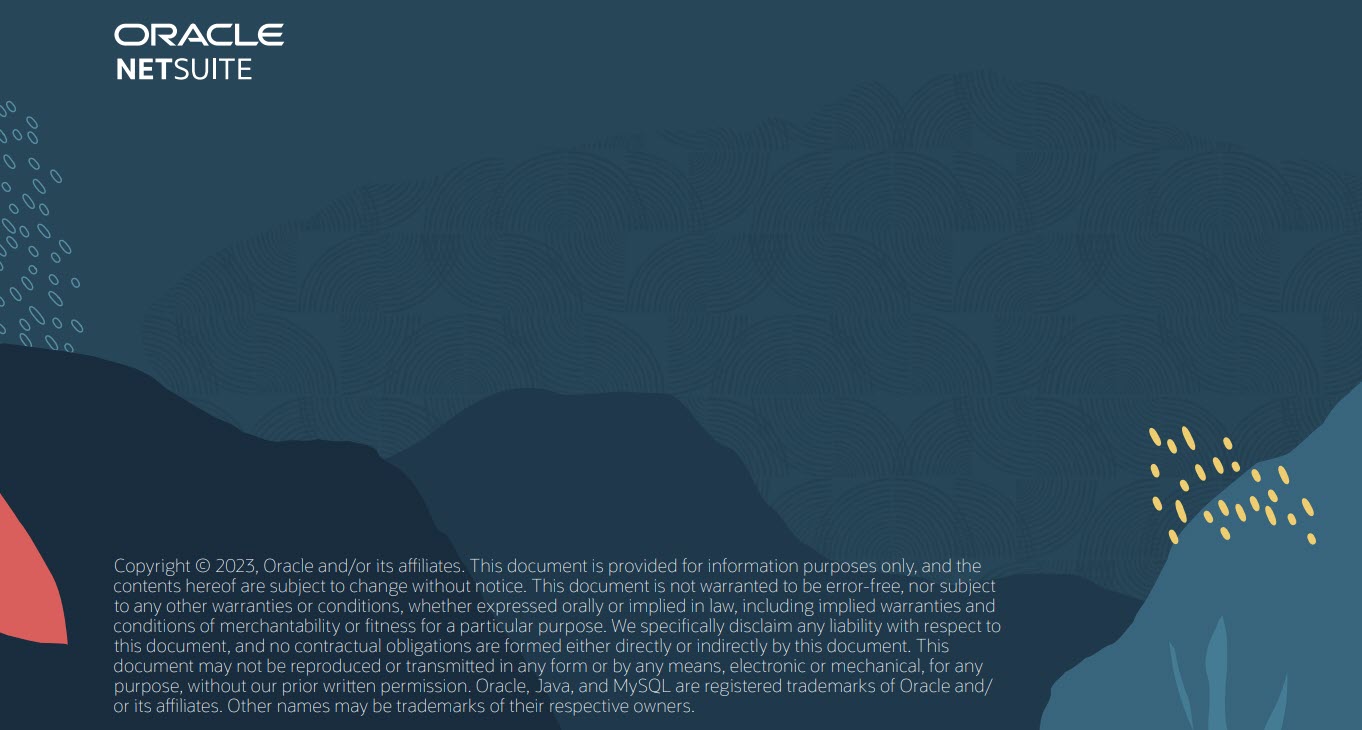When it’s time to cut ties and move on
In their initial stages, businesses often choose basic accounting software like QuickBooks. With a low price point and standard functionality, QuickBooks works best for businesses that are just starting out. But needs quickly extend beyond basic accounting, and leaders who use QuickBooks grasp for missing information. Order fulfillment, expanding product catalogs, and managing multiple locations are
beyond QuickBooks’ core capabilities. To compensate, many businesses create workarounds that involve spreadsheets and multiple integrations. The financial costs add up quickly, not to mention opportunity costs and the pain of forcing your business processes to work within an ill-fitting system. Business software today should get you a much more perfect fit.

Is QuickBooks Holding Your Business Back?
Between your business’s steady growth and QuickBooks’ annual phase-outs, you’re constantly left scrambling for a new solution. You might find yourself using the limited functionality of QuickBooks Online — or a hosted enterprise option that’s way more expensive and not much better — along with a handful of integrated applications. The QuickBooks system you grew up on worked for simple transactions, but it was only built to handle small exceptions and customizations. So now, QuickBooks can’t handle your order management, shipping, fulfillment, or your highly customized inventory tracking. This forces you to either:
• Add headcount; or
• Take care of these needs manually, adding another integration, and creating an increasingly complex array of manually integrated tools.
Integrating separate solutions makes it difficult to create business process flows across separate, cobbled together solutions. As a result, decision-makers are unable to define workflows and synchronize data across the business. Teams must obtain, summarize, and deliver data from individual solutions, and financial consolidation takes ages, forcing more
manual work. These disjointed systems and processes require human intervention to handle data reentry and the extra steps in the financial management process — so you’re forced to devote headcount to specific functions.
For instance, take the issue of dealing with multiple tax jurisdictions, GAAP compliance, globalization, and sales tax. QuickBooks requires multiple workarounds to achieve compliance with GAAP standards. Keeping track of sales, tax rates, shipping destinations, and economic nexus is impossible for marketplace sellers. And any company with international parents or subsidiaries needs a software that supports multiple currencies, languages, and reporting standards which you won’t find in QuickBooks. Software that can’t support these processes leaves everyone feeling pressured and frustrated. If it’s difficult for executives to find out what’s happening across the business, and team members waste time searching for and updating spreadsheets, then you know your starter
accounting system isn’t a good fit anymore. And when that system is actively holding back your growth — with no easy way to add sales channels, product lines, or revenue streams — it’s time to look for something better.
Save Costs and Headcount With ERP
Today’s solution to an ill-fitted accounting system is ERP. With accounting software at its core, an ERP system like NetSuite serves as the central solution for all your business functions. Simply put, it does much more than basic accounting software:
• It includes simple and customizable modules built to fit your business at every stage of growth, eliminating the need to manage individual solutions for accounting, sales, warehouse management, and more. You can use an ERP to run your entire business, from product development to project management.
• The single platform enables sharing of data across departments, boosting productivity and efficiency throughout.
A comprehensive ERP suite eliminates the process gaps that come with separate solutions and duplicate data. Additional headcount are no longer necessary. • NetSuite ERP continues to add functionality with two major upgrades every year, improving the user experience and your company’s return on investment.
NetSuite brings the power of big business software to small businesses.
After outgrowing QuickBooks, leaders use the system to get a clear view of all processes and easily identify opportunities for improvement — then scale beyond the limited borders of a basic accounting system.

World Centric Uses NetSuite to Integrate Operations
“NetSuite fits any company no matter their stage of development. We started
World Centric
using NetSuite when we were quite small, and it has been instrumental in helping
us grow our business and is still highly functional for us.”
For example, take World Centric, a fast-growing manufacturer that makes compostable products as alternatives to disposable plastics. The company previously ran on QuickBooks and Excel spreadsheets, so data wasn’t integrated. Teams used individual systems to track invoices, orders, ecommerce, and customer queries. World Centric needed a single system that could fully integrate customer orders and invoices while supporting an ecommerce operation. The company traded QuickBooks for NetSuite, getting an ERP that could support all areas of the business, including that critical integration between inventory
and ecommerce. World Centric now uses NetSuite to seamlessly track all orders while working with its wide distributor network to deliver product to food-service businesses and retailers across the United States. World Centric also runs its ecommerce operation on NetSuite, which facilitates direct order fulfillment for consumers and organizations that purchase in smaller quantities. The entire organization is now more collaborative, which proved particularly important in building out a remote sales team across the country. Plus, World Centric can adapt NetSuite as needed when new initiatives or processes arise.
The Bottom Line
Your business doesn’t need to settle for accounting software that limits growth and adds stress and
frustration. Cloud ERP — a single system with integrated modules for all your business functions — will
reinstate your ability to scale.


